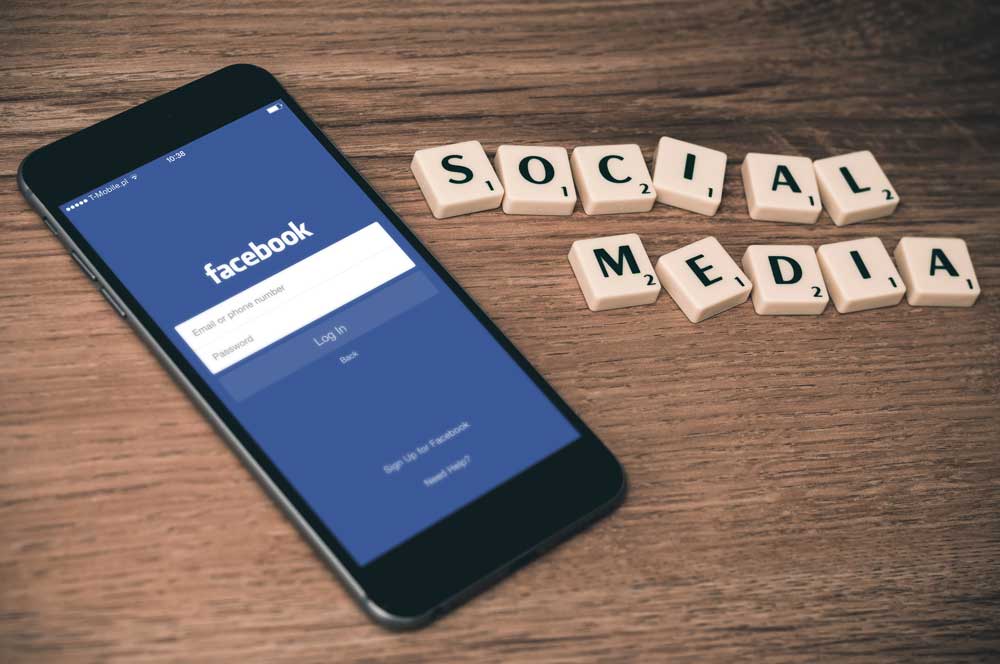Start your Internet Marketing Education
What is Digital marketing?
Television, Radio, Newspapers, Billboards, these are all common and well-known examples of marketing, now referred to as “traditional” marketing. A digital marketing agency takes those same concepts and reinvents them for the digital economy in the form of Google ads management, display banner ads, Facebook advertising, emails, and so on. Digital or Internet Marketing as it may be called, has the extra advantage that users can be “tracked” anonymously via cookies to better improve campaign performance and thus ROI. Have you ever watched a TV ad and thought, “pff, why are they showing me this?” That’s because TV cannot tailor its ads for you as an individual, but when you watch a YouTube video, an online marketing company can target your interests and interests of viewers of the specific video, and therefore can show ads which are a lot more relevant and specific to the audience.

Why get a degree in Digital Marketing?
The barriers to entry in digital marketing are so low that anyone and everyone can just jump in and start. The issue with this is, you start getting very low-quality marketers who think they know what they’re doing, have no experience handling large accounts or complex business structures. A degree in internet marketing is designed to set you apart, you now have a formal, authoritative 3rd party to validate your smarts. An established marketing company can be sure that when they talk to you about certain strategies or ideas, that you are on the same wavelength as everyone else. In a fast-paced digital environment, it’s crucial that the business moves together quickly and succinctly; having an uneducated marketer just drags everyone down and slows the growth.
Channel Specialisations

Like all degrees, you start out learning a broad spectrum of ideas. In our case, you’ll learn about the various channels in digital marketing, how they cross-pollinate with one another, and what each one is designed to do. Some channels such as paid search are designed to quickly answer a user’s query and provide a solution to the problem they are searching for. In fact, there are many businesses that are a dedicated ppc agency and do not work on any other channels except Pay-per-click advertising. Other channels such as email marketing allow a business to keep in touch with its users. Keeping them informed of business updates, broader industry news, or even promote sales or specials that are coming up. Think of it as a modern-day newsletter. The newest kid on the block is social media, think Facebook, Instagram, Snapchat, and YouTube. This is where your branding, brand association, and “influencers” come in. It’s less about searching for what you want and more about browsing and then being offered or presented products and services which you may be interested in based on your likes, viewing habits, or self-selected interests.
Career options once you graduate
Once you’ve graduated, the next best step is to join a marketing agency, where they can provide hands-on experience and exposure with all marketing channels, and help you to understand the business side of internet marketing. You’ll often be given the choice of choosing a specialisation mentioned above. From here, the choice is up to you to decide which channel specialisation suits your personality best. Each of them have equally good career opportunities and progression, and each of them has their own pros and cons for your future career. For example, running PPC ads requires a more scientific approach with testing, balancing budgets, and CPA’s, whereas working as an internet marketing SEO you can tap into both your on-page technical expertise, as well as your more creative content endeavors. Here at The Digital Marketing School, we wish you the best of luck in 2018! 🙂